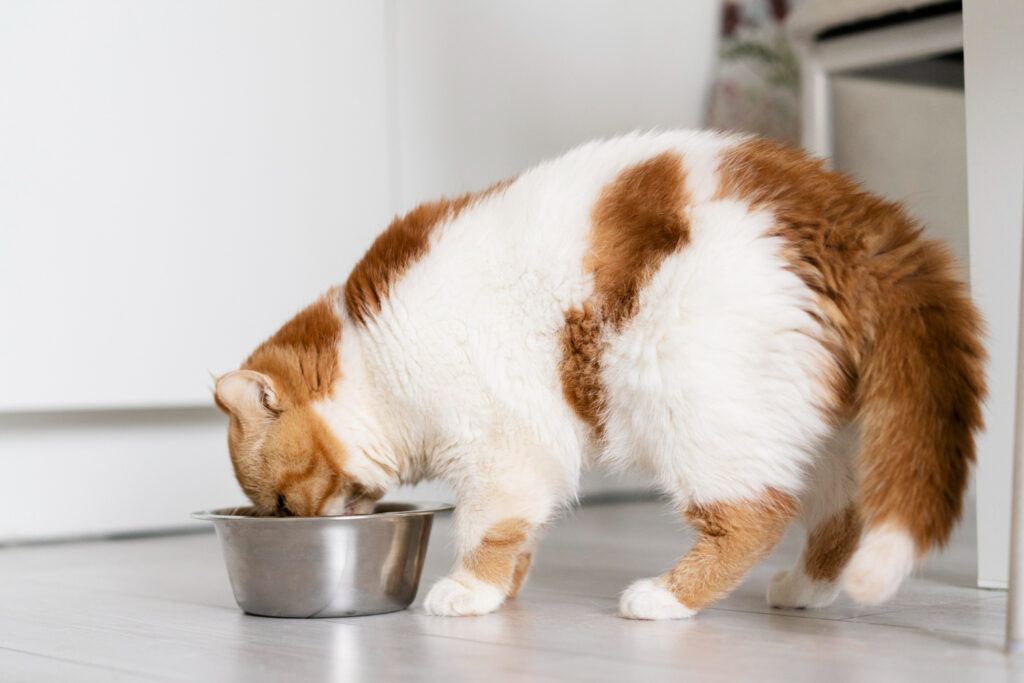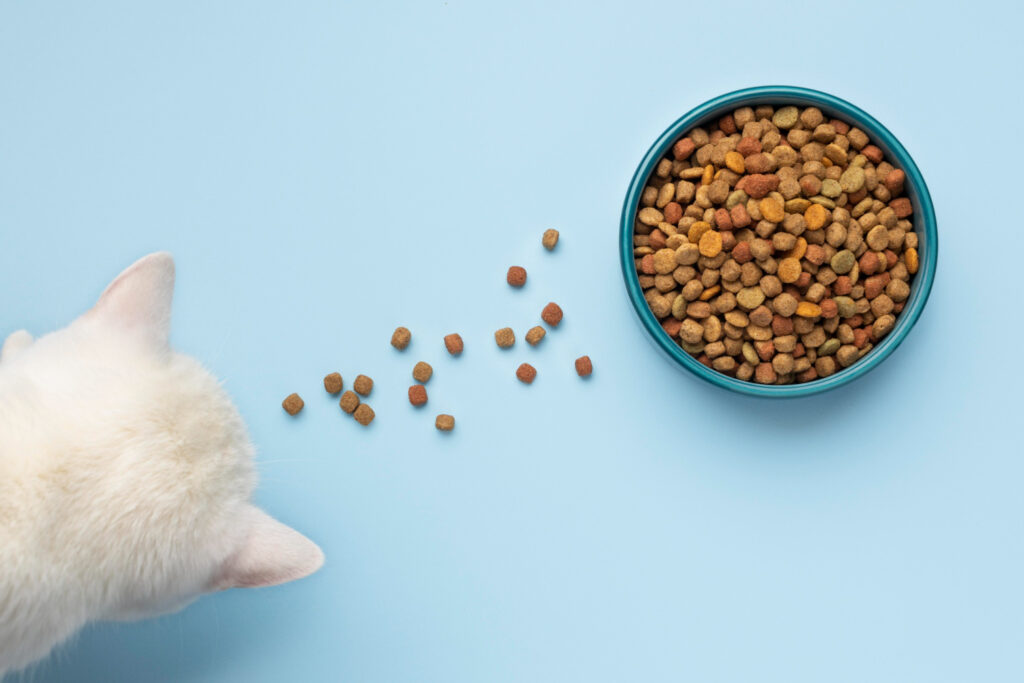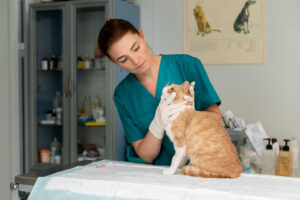Cats are renowned for being independent but depend on routine meals to meet their nutritional demands. However, various circumstances can arise where a cat might go without food for a certain period. Responsible pet owners must be aware of how long a cat may go without food to identify potential dangers and respond appropriately.
In this article, we will explore the factors that influence a cat’s ability to survive without food and provide insights into the maximum duration a cat can go without eating.
The Physiology of Cats:
Cats have a unique metabolism that differs from many other animals. They are obligate carnivores, which means their bodies are adapted to thrive on a diet primarily consisting of animal protein. Unlike humans and some other animals, cats lack certain enzymes for digesting and utilizing nutrients from plant matter effectively. This specialized physiology affects their nutritional requirements and impacts how long they can go without food.
The Importance of Regular Feeding:
Cats require a consistent intake of nutrients to maintain their health and well-being. Skipping meals or prolonged periods without food can lead to significant health issues. Including hepatic lipidosis (fatty liver disease), muscle wasting, and a weakened immune system. Therefore, it is crucial to ensure that cats receive regular, balanced meals to meet their dietary needs adequately.
Keep Reading: https://dogpets.org/dog-training/how-much-is-dog-training-uk/
Factors Affecting a Cat’s Ability to Survive Without Food:
Several factors influence how long a cat can go without food. These include:
- Age and Health: Kittens, elderly cats, or those with pre-existing health conditions have a decreased ability to withstand extended periods without food compared to healthy adult cats.
- Body Condition: Cats with healthy body weight and sufficient fat reserves may be able to survive longer without food compared to underweight cats.
- Hydration: While cats can survive longer without food than without water, dehydration can quickly lead to organ failure. Adequate hydration is crucial for a cat’s overall survival.
- Environmental Temperature: Cats exposed to extreme temperatures may experience higher energy requirements and may not be able to tolerate extended periods without food as efficiently.

How Long Can a Cat Go Without Food?
The duration a cat can survive without food depends on various factors. In general, a healthy adult cat can survive for about one week (approximately 7-10 days) without food, assuming it has access to water. However, it’s important to note that this estimate can vary depending on the individual cat’s health, body condition, and other factors mentioned earlier.
Seeking Veterinary Care:
If a cat refuses to eat or goes without food for more than 24-48 hours. It is essential to seek veterinary care. A prolonged lack of food intake can lead to serious health complications and should not be taken lightly.
Conclusion:
Cats have a remarkable ability to adapt to different circumstances, they are not designed to go without food for extended periods. Providing regular meals that meet their nutritional needs is crucial for their overall health and well-being. Understanding the factors that influence a cat’s ability to survive without food, as well as the potential risks involved, empowers pet owners to take appropriate action and ensure their feline companions receive proper care.


